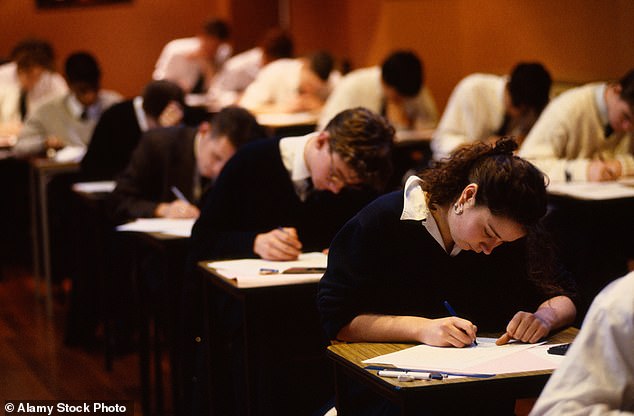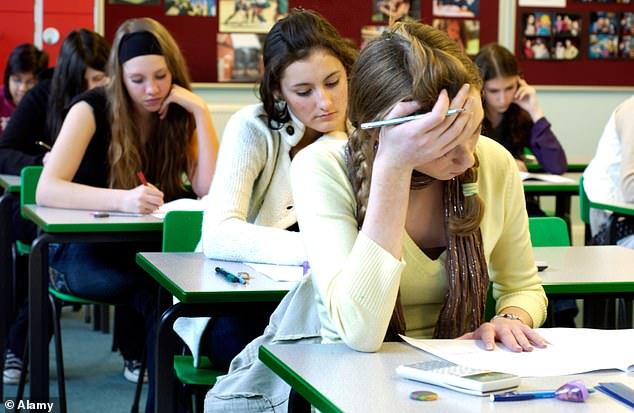If you want to tell the truth in modern Britain, you need to be very patient. More than 20 years ago, I discovered just how badly English school exams had been devalued and hollowed out. I had suspected it for some time, and had noted the dilution and then the gutting of the old O-level back in the 1970s, and its 1980s replacement by the feeble GCSE. But direct evidence came my way that showed me the change was disastrous.
Proper knowledge was no longer required. In fact a child who had real, deep knowledge of the subject might actually be penalised for going off the script. The new exams were more like tests for Scout badges than the punishing papers I had taken in my own schooldays.
And the grades that were being issued were like 1920s German billion-mark notes – with a face value that bore no relation to their real worth.

If you want to tell the truth in modern Britain, you need to be very patient. More than 20 years ago, I discovered just how badly English school exams had been devalued and hollowed out, writes Peter Hitchens. (Stock image of students taking A-level exams)
I began to say so. I was immediately attacked for being unfair to the children involved. I was told sternly that they had all worked very hard for their worthless bits of paper, and shouldn’t be discouraged by cruel newspaper columnists. Actually, I don’t doubt that they had worked hard. The boring slog needed to prepare for these tests was hard without being useful, the educational equivalent of the treadmill.
No wonder so many schoolchildren were being drugged to make them sit still, with official encouragement, with pills almost indistinguishable from illegal amphetamines – the perfect way of getting someone to endure tedious tasks, if you don’t care what happens to their bodies and brains afterwards.
Bit by bit, the truth oozed out, though never officially acknowledged. Grandiose plans to ‘toughen’ exams were produced by Ministers – a tacit admission that they were too flabby.
Universities began to offer remedial courses – now common and known as ‘foundation years’ – for entrants who were simply not ready to cope with college. Others checked the records and found that grades simply no longer meant what they used to. And employers increasingly hired Eastern Europeans who had been to proper, disciplined, knowledge-based schools, instead of semi-literate British school products who didn’t know it was important to turn up on time. This was in spite of the fact that the Poles, Bulgarians and Romanians mostly spoke poor English.
More and more I think it was our failed schools and fatherless homes that led to this wave of migrant labour. If our own young people had been as brilliantly educated and well brought-up as the official announcements said, why did nearly a million of them linger among the jobless (‘not in employment, education or training’, as the phrase goes) while Poles arrived to do the jobs they should have been doing?

Well, after two decades of lies, we now have the absolute proof. Just 54 per cent is required for an A grade in this year’s OCR maths A-level exam. Remember that this includes the over-rated private schools (which only look good because the comps are even worse) as well as state schools.
You don’t need a maths A-level to see what that means. And if maths, where it is clear what’s right and wrong, is judged so feebly, imagine what it’s like in the softer subjects.
Will anything now happen? No. Our teenage Cabinet (and Shadow Cabinet) are made up almost entirely of people who are themselves victims of the educational catastrophe of the 1960s, and know no better. As we shall see during the next few months. MOS.

.jpeg)